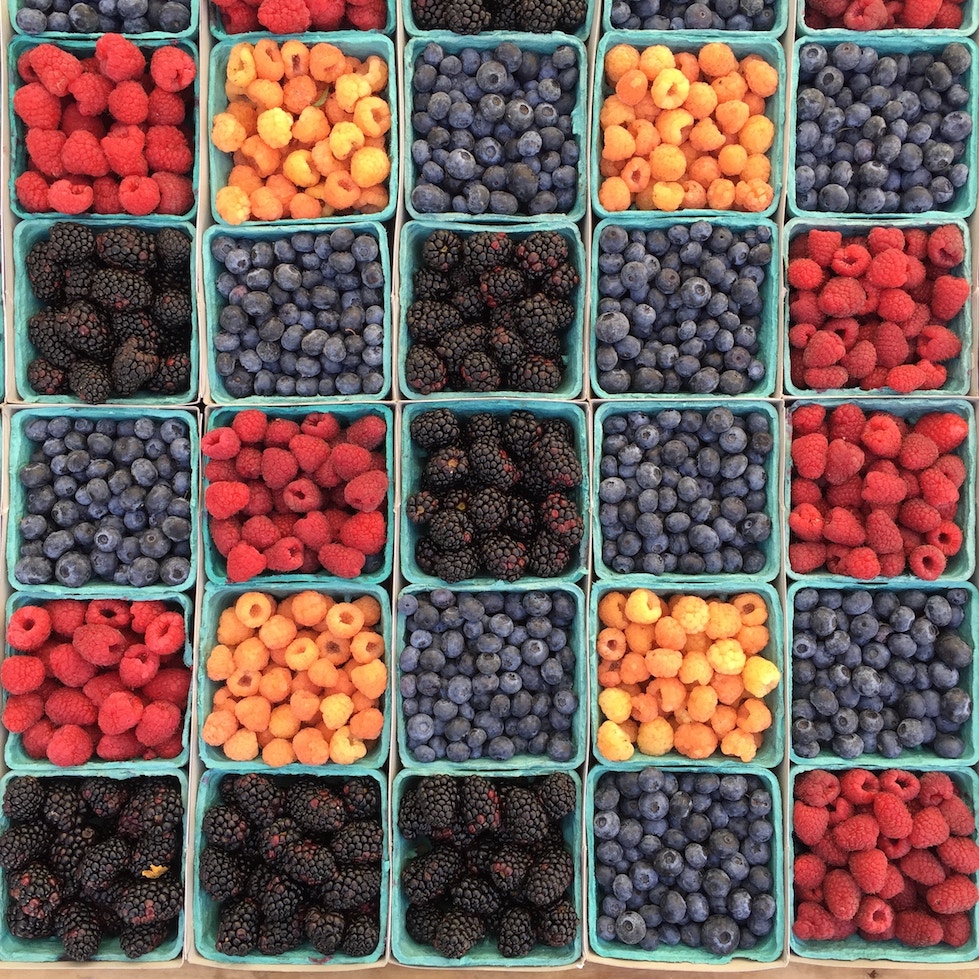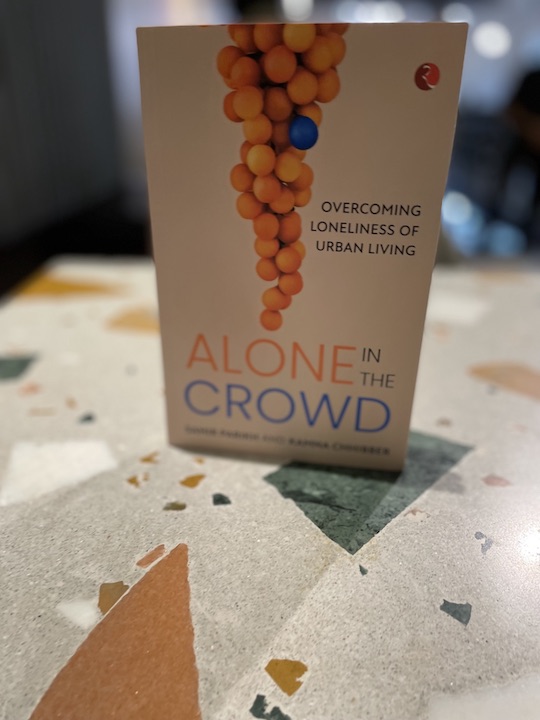Food, Nutrition, Well-Being and…You
By Sukanya Sharma
You are what you eat… is increasingly you are how you eat. Many of us have a conflicted relationship with food — some of us “eat our feelings”, some of us are very mindful of what we’re putting into our bodies, and some of us struggle with disordered eating. It should come as no surprise that our diet affects how we feel, and our moods in general.
To quote from Dr Eva Selhub’s blog in the Harvard Health Publishing journal
“Think about it. Your brain is always “on.” It takes care of your thoughts and movements, your breathing and heartbeat, your senses — it works hard 24/7, even while you’re asleep. This means your brain requires a constant supply of fuel. That “fuel” comes from the foods you eat — and what’s in that fuel makes all the difference. Put simply, what you eat directly affects the structure and function of your brain and, ultimately, your mood.”
That’s all fine, but how does that apply to y/our everyday life?
Sandhya Pandey, a nutritionist working with Fortis Healthcare in Gurgaon, tells The Health Collective, “People who skip breakfast seem irritable, and those who do not eat a proper diet generally feel tired and exhausted. The problem is, that a lot of times we don’t realise that our mood swings occur due to improper diet. I know it sounds like something very generic, but what you eat definitely has a link to how you feel.”

Kamna Chhibber, a clinical psychologist and columnist on The Health Collective tells us, “Nutrition and mental wellness are intricately linked on account of the association between the food we eat and how we look, think and feel about ourselves.”
It’s not just nutrition, of course, many of us share an emotional relationship with food — thanks to an association of memories, nostalgia, feelings. How many times do we reach for that tub of ice cream at the end of a stressful day, just to make ourselves feel better? (Further reinforced, of course by pop culture!). We can’t deny the memories we have attached with some of the food that we eat, and that nostalgia feels good to intake.
Heena D’Souza, a 31 year old Mumbai resident, tells The Health Collective, “Food at times can be an instant fix to things. It’s like getting instant gratification. When I’m upset, I eat a pastry or a brownie and I feel like everything is fine, but if I continue with this habit, then it just becomes guilt.”
D’Souza was earlier following the Keto diet plan. “I realised that if I’m eating healthy, it causes inconvenience initially, of course, but if I can sustain that week of healthy eating then it does make me feel good about myself. Also, that I’m achieving a goal that I set out for. That’s always a great feeling,” she says.
It’s not just anecdotal.
ALSO READ: Your Stories: Overcoming an Eating Disorder
Researchers have found that there’s a link between emotional issues like stress, anxiety and depression and higher body mass index. In fact, Orlando Health reported that psychological well-being was the biggest barrier to weight loss. A study published in 2012 suggests that eating fast food is linked to a greater risk of suffering from depression. The study published in the Public Health Nutrition Journal concludes that consumers of fast food are 51% more likely to develop depression, compared to those who consume little or no junk at all.
Chhibber tells The Health Collective, “The better we eat, the more likely we are to have greater energy and this allows us to be more active…At the same time, having good physical health because of the food we are consuming changes our body image, self-esteem, confidence and self-worth.”
Today, we see a lot of people following diets that are “in”. Now many of us choose to follow a diet because we understand its nutritional benefits, but some of us also do it to sort of please a body image that the society has set for us; this is where dieting becomes an added stress rather than a nutritional lifestyle that it ought to be.
Abhijeet Rajpurohit, a 25 year old entrepreneur follows what we may call a flexible diet. “We live in a society where physical appearance has taken over physical performance. Diet for people has become a shortcut to look good and not a lifestyle anymore. It’s because of this that most people follow fad trends like low-carb, low-fat, eating-every-two-hours, soups and salads only or the recently popular ketogenic diet. These are not sustainable diets for anyone living under standard lifestyles.” He goes on to add that a ketogenic diet might benefit, say, a bodybuilder, but is not for everyone.
Pandey, the nutritionist from Gurgaon agrees. “These diets that are trendy right now are just short-lived. They may give immediate results but are not sustainable. The major side-effect of such crash diets are: hair loss, muscle loss, irritability, and also if you can’t sustain the diet then the weight comes back rapidly which takes up on your confidence. A gradual weight loss is a much better approach,” she says.
What is sustainable? Going slow, changing your eating habits for the long term, and… avoiding the quick weight loss promises!
Feature Image by William Felker on Unsplash
Up Next: Kamna Chhibber, a clinical psychologist and regular contributor to The Health Collective, answers some of our questions on Nutrition and Mental Health.





Pingback: Ask the Experts: Food and Nutrition